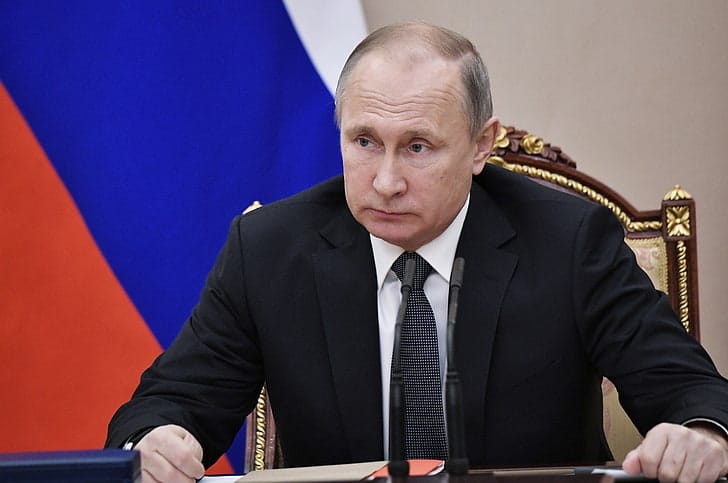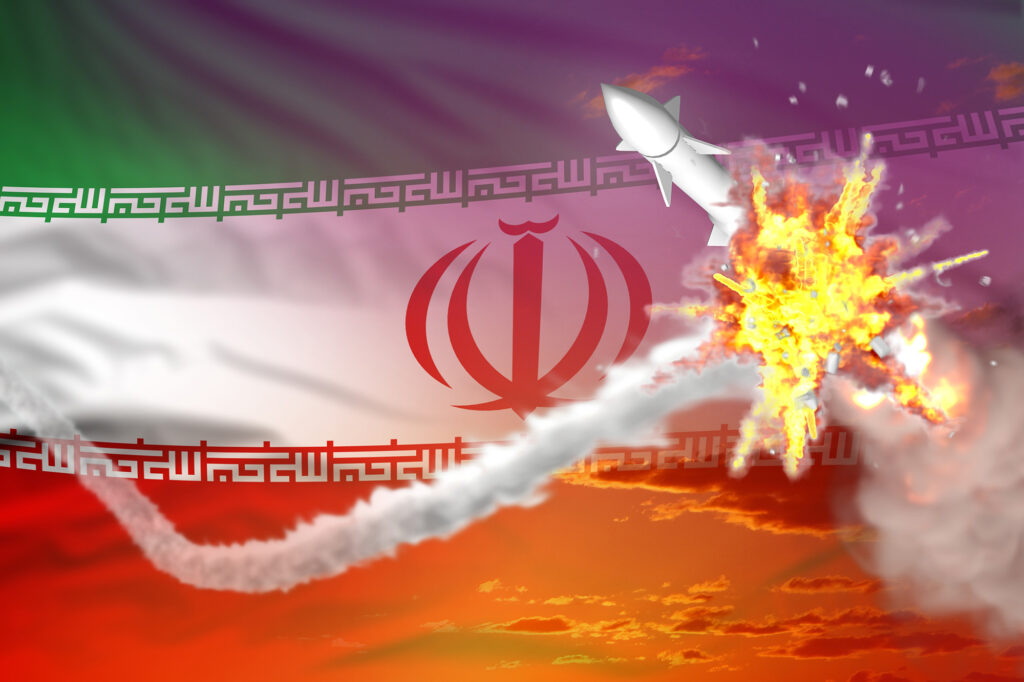After Russian President Vladimir Putin ordered Russian troops to invade Eastern Ukraine earlier this week, the United States government and several allied nations levied a new round of economic sanctions on Russian individuals and financial institutions.
Economic sanctions are basically a withdrawal or limitation on trade and financial relations between the sanctioned nation and those levying the sanctions. They may look like limits on trade, increased tariffs, a restriction of financial transactions, and more. A nation like the United States, with arguably the largest and strongest economy in the world, can really hurt another nation simply by not allowing access to American markets. Add partner nations to that list, and the sanctioned nation can find itself in very difficult economic circumstances.
In the face of such blatant and openly violent aggression in Ukraine, some may feel as though economic sanctions are a muted response, but the truth is, this approach to targeting a nation’s pocketbook can be highly effective. The concept behind them is fairly simple, even if the execution can sometimes be complex. In today’s increasingly connected global economy, every nation is reliant on export and import sales to some extent. Limiting a nation’s ability to do business outside its borders can have dramatic effects on how well a nation operates within them.
Related: US sanctions Chinese officials over crackdowns in Hong Kong
Economic sanctions are a non-kinetic weapon

In military-speak, a “kinetic” operation is one that involves actual munitions, destruction, and often death. A missile or air strike, for instance, would be considered a “kinetic” response to a nation’s aggression. The problem with taking kinetic—or direct military—action against an opponent like Russia is escalation—or the threat of increasing the chances of a larger conflict or even all-out war.
As Investopedia puts it:
“Economic sanctions provide a policy tool short of military force for punishing or forestalling objectionable actions. They’re widely applicable beyond the sanctioning country’s borders and can be costly to their targets amid increased global trade and economic interdependence.”
Right now, there’s a real risk of Russia going to war with Ukraine, with Ukraine receiving support from friendly NATO nations… that’s a far cry from Russia going to war with the United States. However, if the U.S. were to begin bombing Russian targets, a regional conflict could quickly balloon into a global one. And because there are nuclear-armed nations on either side of this conflict, that could literally bring about the end of the world.
So what can a powerful nation like America do when military attacks could topple the first domino that leads to an all-out nuclear war? That’s where economic sanctions come in.
Related: Why Russia’s military isn’t quite as powerful as it seems
But do sanctions actually work?
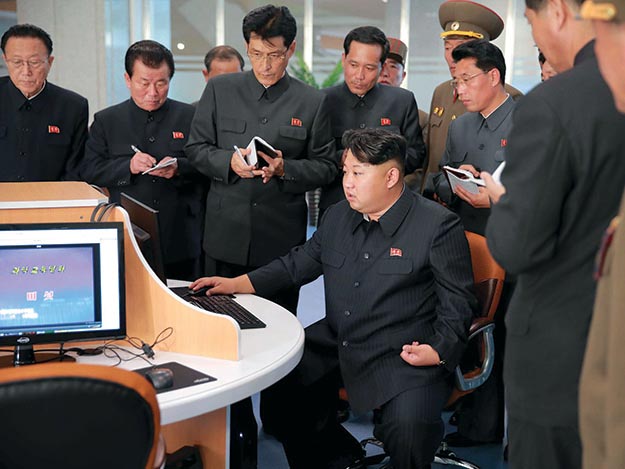
To be clear, the success of economic sanctions is the subject of widespread debate, but with few alternatives other than direct military conflict, they remain the weapon of choice for diplomats and policy makers not eager to launch their nation into a new war.
As the Council on Foreign Relations points out, some of the debate regarding sanctions is a result of the complexity of geopolitics. Sanctions that prove very effective against one nation may not prove as effective against another. There are also a number of other variables to take into account. Economically isolating a nation with massive sanctions can exact a terrible toll on the population of the nation, so most modern sanctions are devised in a way to mitigate the damage to civilians while still accomplishing a desired objective (such as deterring aggression).
In other words, sanctions can be dangerous, so nations have to go about using them very carefully. As a result, the outcome of sanctions can often be muted—after all, if the U.S. levies sanctions it carefully intends to only harm Russian oligarchs, those affected are a fairly small population of wealthy individuals. Their “pain” won’t be widely reported on in the media and public perception of the sanctions may be that they were practically ineffective… when in reality, those powerful oligarchs now have a dramatically limited ability to support the nation’s aggressive actions moving forward.
In other words, it can be really difficult to measure the real efficacy of sanctions placed on a nation like Russia, but historical precedent suggests that it is an effective way to apply pressure to a nation without prompting a war.
Related: America needs new covert options for great power competition
Can economic sanctions cause bigger problems?
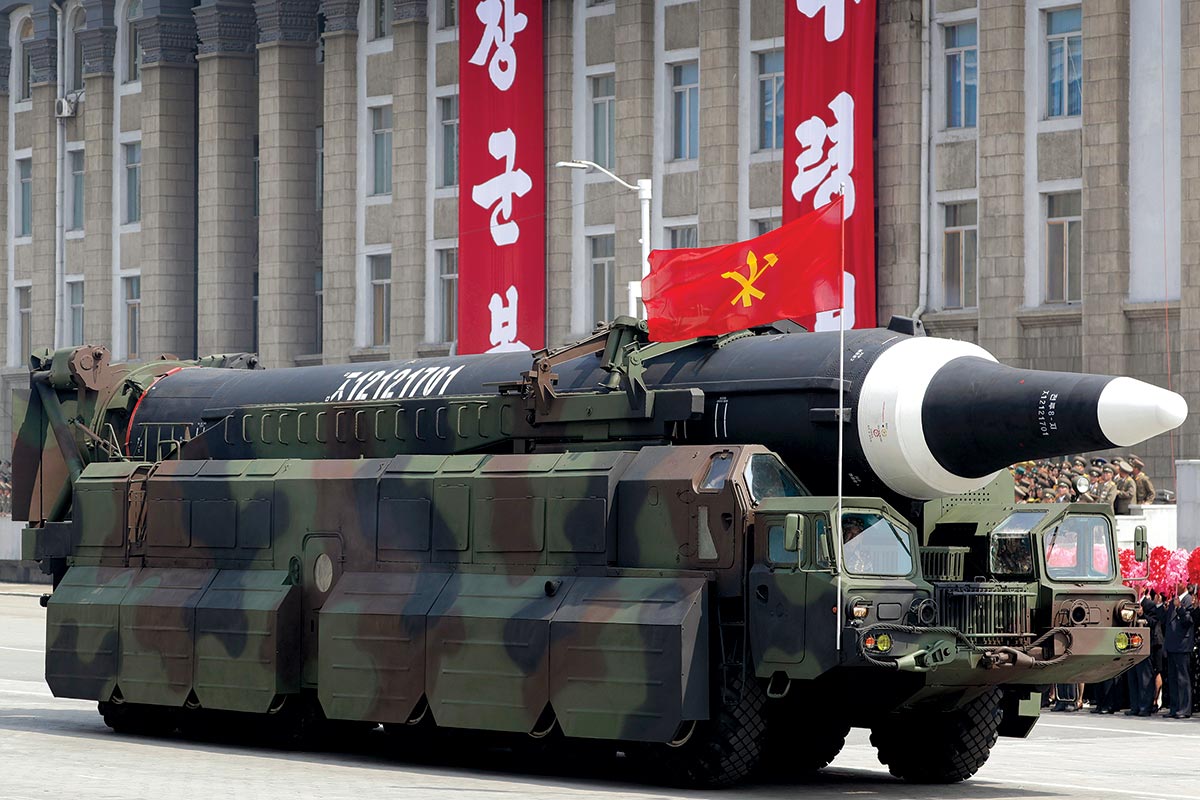
North Korea and Russia are both nations that have suffered under significant economic sanctions for many years, and one could argue that they have indeed been effective. While Russia and North Korea are both still aggressive nations, their military capabilities have been dramatically limited by the national government’s economic plight. Russia can’t afford to build new stealth fighters, advanced tanks, repair its single aircraft carrier, or modernize the majority of its force. North Korea’s military is even weaker by comparison. However, as a result of this weakness, both nations have re-invested in weapons that offer the greatest geopolitical bang for their buck: as in, nuclear weapons.
So one could argue that sanctions can back a nation’s economy into a corner, but over an extended period of time, heavily sanctioned nations find ways to pursue their goals none the less.
It’s also vital that sanctions from the United States come as a part of a larger international effort in order to remain effective for extended periods of time. Today, the U.S. economy is so large and powerful, and the dollar so far reaching, that sanctions from the U.S. really hurt. But over an extended period of time, sanctioned nations would work to find inroads with other national economies that would make them less reliant on American commerce. If and when they do, the effect of sanctions would become less pronounced. So by working in coordination with other nations, the U.S. can ensure economic sanctions work for the long haul.
It’s also important to remember that a globally interconnected economy works both ways, so sanctions can have a negative effect on other nations (including those who levy them). Russia, for instance, produces a significant portion of the oil and gas used in Europe. In fact, Russian exports account for nearly 40% of Europe’s fuel oil imports—so cutting Russia off from being able to sell oil and gas may hurt Russia’s economy, but it would almost certainly hurt Europe’s (and the rest of the world’s) as well.
Related: Nord Stream 2: Russia’s attempt to divide the US and Europe
An imperfect solution in an imperfect world
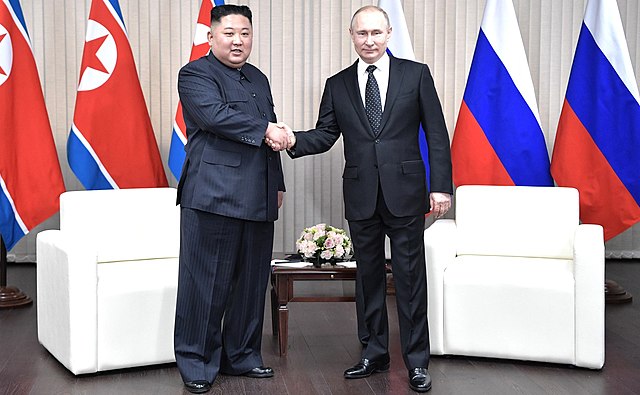
Economic sanctions may be the tool of choice for nations that don’t want to plunge themselves into war, but to be clear, they aren’t always immediately effective, they may have unpredictable repercussions, and they rarely have as pronounced an effect as direct military action would. Sanctions aren’t a miracle tool, but they are a tool nonetheless.
If the options are global war or poking at Russia’s pocket book, the United States and its allies are correct to choose the latter, but there may come a time when even the most dramatic of sanctions may no longer be enough to curb the aggression of some despotic leaders.
